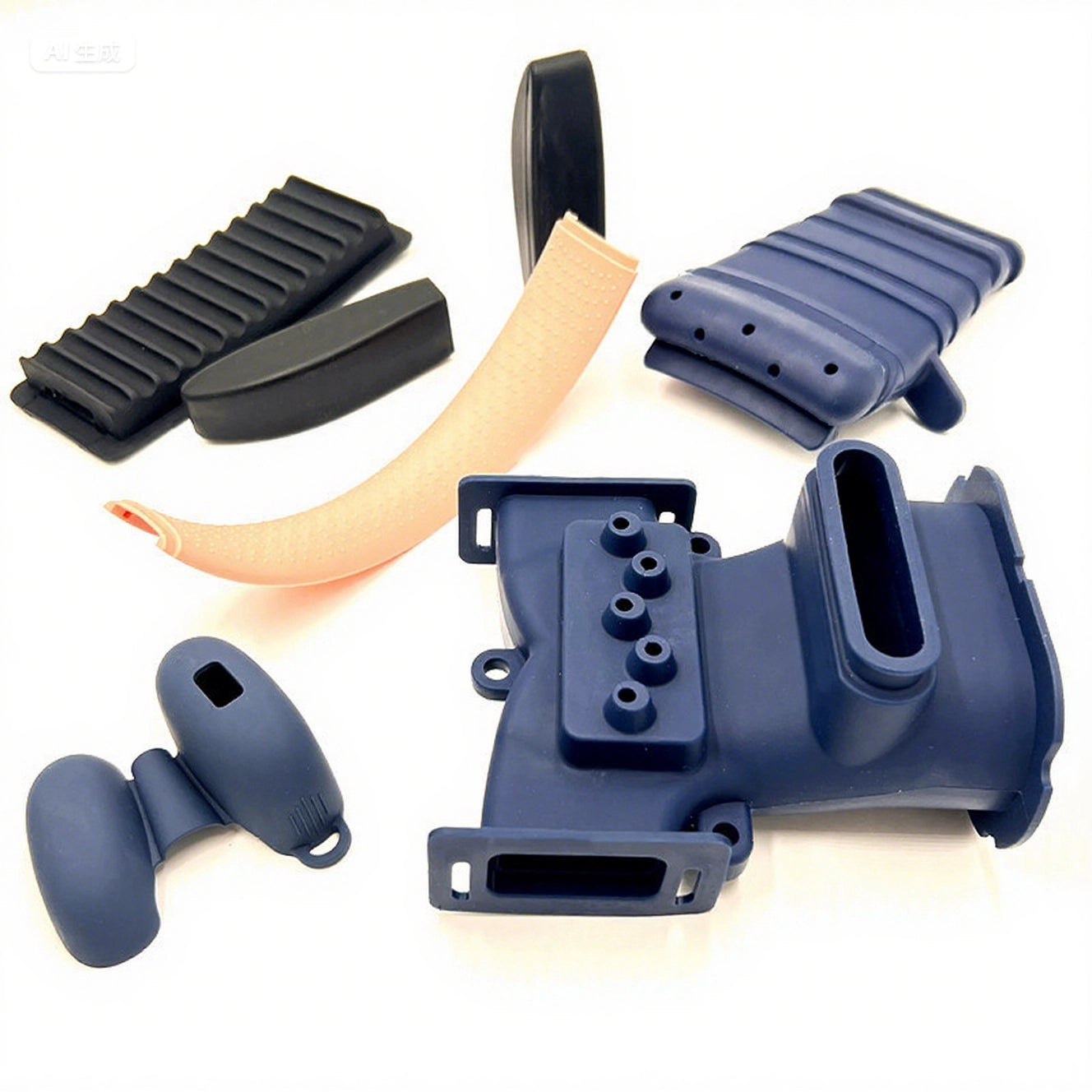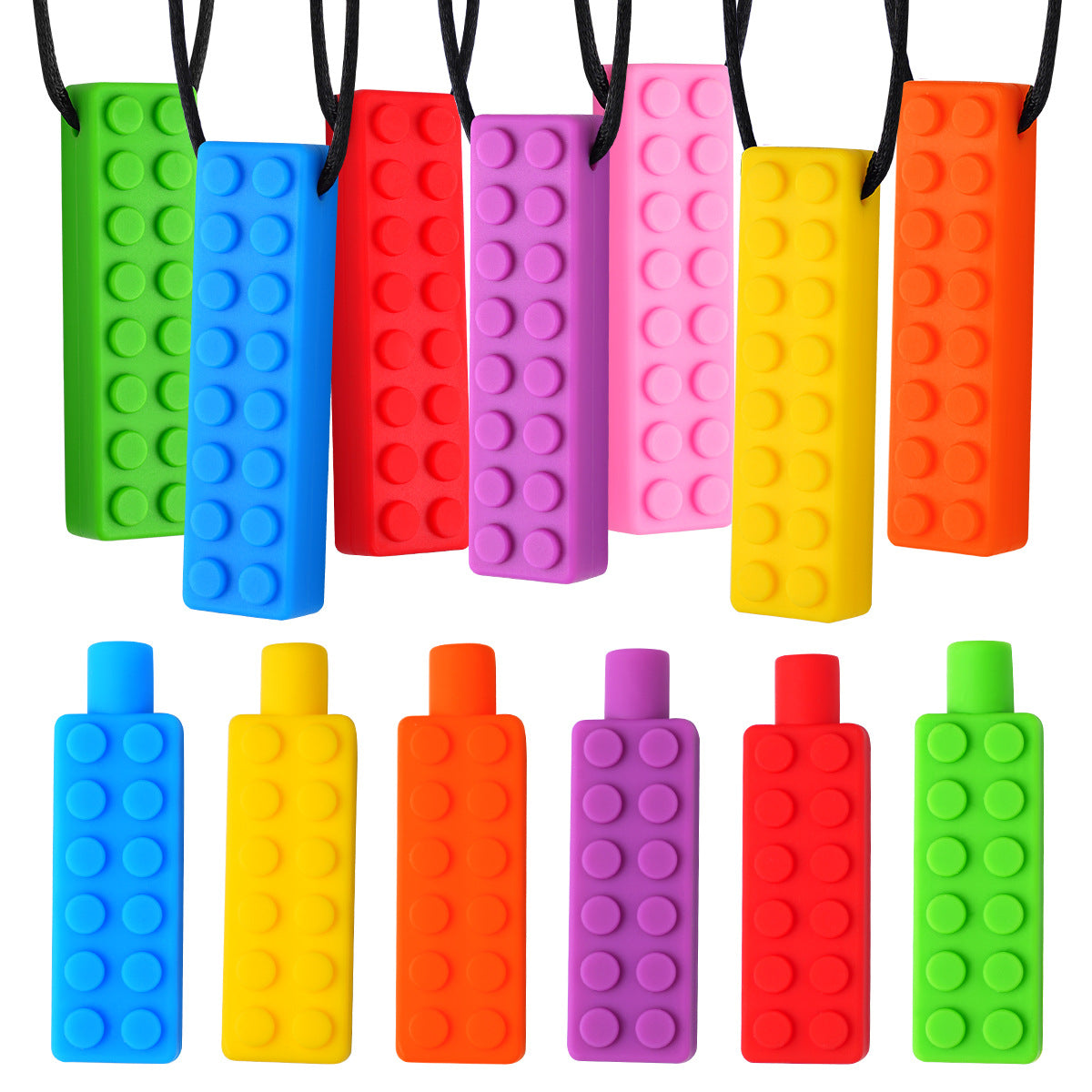Silicone products
Silicone products
无法加载取货服务可用情况
Leveraging material research and development and process innovation, China's silicone products industry has built a comprehensive product portfolio spanning daily consumption, industrial manufacturing, and high-end medical applications. With its safety, durability, and versatility, it has become a core supplier in the global silicone products market. Its product advantages and application scenarios are distinctively diverse.
Based on material quality, Chinese silicone products leverage high-quality raw materials and modification technologies to develop differentiated performance systems. Food-grade silicone (such as platinum-cured silicone) is a core material in the consumer sector. Holding international safety certifications such as the FDA and LFGB, it is non-toxic, odorless, age-resistant, and can withstand temperatures ranging from -40°C to 230°C, remaining stable even after repeated washings. This makes it a top choice for maternity and baby products and kitchenware. Industrial-grade silicone, by adding reinforcing agents and anti-aging agents, enhances its tensile strength and weather resistance. Some products are resistant to acid and alkali corrosion and long-term outdoor exposure, making them suitable for demanding applications in automotive and electronics industries. Medical-grade silicone boasts excellent biocompatibility, exhibits no rejection reaction with human tissue, and is autoclavable, providing safety assurance for medical implants and devices. From a product perspective, Chinese silicone products have become deeply integrated into various aspects of daily life and production. In the consumer sector, silicone kitchenware is a representative category, with products such as high-temperature-resistant silicone spatulas (safe in direct contact with open flames), foldable silicone steamers (easy to store and space-saving), and food-grade silicone ice trays (easy to demold and freeze to -60°C) becoming common household kitchen items due to their practicality. In maternal and infant products, silicone baby bottles (shatter-resistant and impact-resistant, with soft nipples that fit baby's mouths) and soothing silicone teethers (which can be sterilized in water to relieve teething discomfort) have won the hearts of parents for their safety. In the fashion accessories sector, silicone watch bands (rich in colors, comfortable to wear) and silicone phone cases (scratch-resistant and wear-resistant, with customizable patterns) combine practicality with a trendy feel.
Silicone products play a key role in industrial and high-end sectors. In the automotive industry, silicone seals (such as engine oil seals and door and window weather strips) ensure stable operation in vehicles operating at temperatures ranging from -30°C to 150°C thanks to their excellent sealing properties and high- and low-temperature resistance. In the electronics industry, silicone protective cases (such as silicone dust covers for routers) and silicone shock-absorbing pads (such as anti-slip pads on the bottom of laptops) provide protection and cushioning for electronic devices. In the medical field, silicone cochlear implant covers (soft and conformable to the skin, reducing discomfort from long-term wear), medical silicone catheters (smooth inner surfaces to reduce irritation), and silicone facial masks in cosmetic and medical applications (closely fitting the face to facilitate absorption of essences) demonstrate high-end application value.
Technological innovation is the core competitiveness of China's silicone products industry. Compression molding enables mass production of standardized products, such as silicone buttons (used in remote controls and home appliance panels), with dimensional accuracy reaching ±0.02mm. Liquid silicone injection molding enables ultra-precision manufacturing, such as the silicone touch buttons in smartwatches (which offer highly responsiveness and a lifespan of over 100,000 cycles). Extrusion molding is suitable for the continuous production of tubular and strip-shaped products, such as silicone water pipes (suitable for transporting food-grade liquids) and silicone wire insulation (high-voltage resistant and flame-retardant). Furthermore, 3D printing silicone technology is increasingly being applied to customized products, such as personalized silicone prosthetic linings in the medical field, which can be precisely printed to the patient's limb contours for enhanced wearer comfort.
Currently, China's silicone product industry is upgrading towards functionalization and environmental friendliness. Functional products are constantly emerging, such as antibacterial silicone (added with silver ions to inhibit the growth of bacteria like E. coli and Staphylococcus aureus, suitable for food contact containers), thermally conductive silicone (used to dissipate heat from LED lamps, with a thermal conductivity of over 3.0W/(m・K)), and color-changing silicone (which changes color with changes in temperature or humidity, suitable for creative toys and humidity indicator cards). Regarding environmental protection, breakthroughs have been made in the development of biodegradable silicone, with some products gradually degrading in the natural environment, reducing plastic pollution. Recycling technology is also advancing, with discarded silicone products being crushed and purified to be remade into industrial-grade silicone raw materials, thus achieving a resource-saving recycling cycle. Today, Chinese silicone products not only meet domestic market demand but are also exported globally through cross-border e-commerce and foreign trade channels, capturing a significant share of the European, American, and Southeast Asian markets, becoming a key symbol of "Made in China" in the consumer and high-end manufacturing sectors.




